But be sure it makes sense to consolidate your debts before you apply by taking stock of your existing financial situation. Along with looking at your spending patterns, you should make a plan to get your financial status in better shape.
Credit Rating
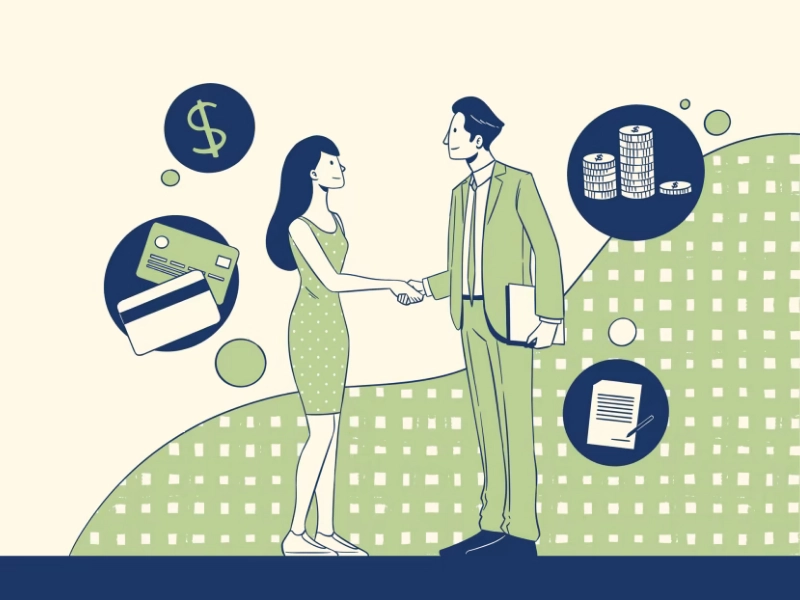
To decide whether to approve you for a debt consolidation loan and under what terms, many lenders look at your credit score. Higher credit scores usually entitle the applicant to greater rates.
If you handle the new loan appropriately, a debt consolidation loan should generally enhance your credit history and score. However, your credit score can suffer if you fall behind on payments or if the new loan has balances that are over the maximum.
Without placing a formal inquiry on your credit record, some lenders let you pre-qualify for a debt consolidation loan, which could marginally impact your credit score. Others demand that you submit an application in writing, which will result in a hard inquiry and possibly temporarily reduce your score by a few points. To be sure you're selecting the best course of action for your financial circumstances, carefully weigh your options. Furthermore, bear in mind that a debt consolidation loan does not result in the closure of your other accounts; instead, they will stay open and continue to appear on your credit record.
Ratio of Debt to Income

A lender's assessment of your ability to repay the loan is based on your debt-to-income ratio and other credit-related indicators. All of your monthly debt payments, including those for credit card debt, mortgages, auto loans, and school loans, should be added together and divided by your total monthly income to determine your DTI.
Lenders may view you as a larger risk and refuse to provide you with financing if your DTI is excessively high. A debt-to-income ratio (DTI) of no more than 35% is usually seen favorably since it shows that you have sufficient cash flow to meet your monthly debt service obligations.
Make sure you investigate lender requirements before applying for a debt consolidation loan, since some lenders have more stringent DTI guidelines. Remember that applying for a new loan will result in a hard credit inquiry, which might drop your score by a few points on your credit report. This is among the reasons you ought to wait to apply for a debt consolidation loan until you have enough money saved up to make the payments.
Monthly Salary

You can better plan your budget with the consistent monthly payment that debt consolidation loans provide. Think about credit counseling if you're having trouble making your payments. A non-profit credit counselor can assist you in evaluating your financial situation and developing a customized payback plan.
To choose the best debt consolidation loan, check the rates offered by different lenders. Online resources like Experian CreditMatchTM, which displays loan offers from several lenders based on your credit profile, might be used to accomplish this. Examine terms such as origination costs, repayment schedules, and interest rates.
Remember that applying for a debt consolidation loan can result in a hard inquiry by lenders, which could temporarily lower your credit score. If you apply, your credit score may suffer even more if you miss or postpone payments. In an effort to keep your credit intact, pay off the loan as soon as you can. Additionally, avoid taking on any new debt throughout the loan repayment process, as this could negate the original intent of debt consolidation.
Workplace
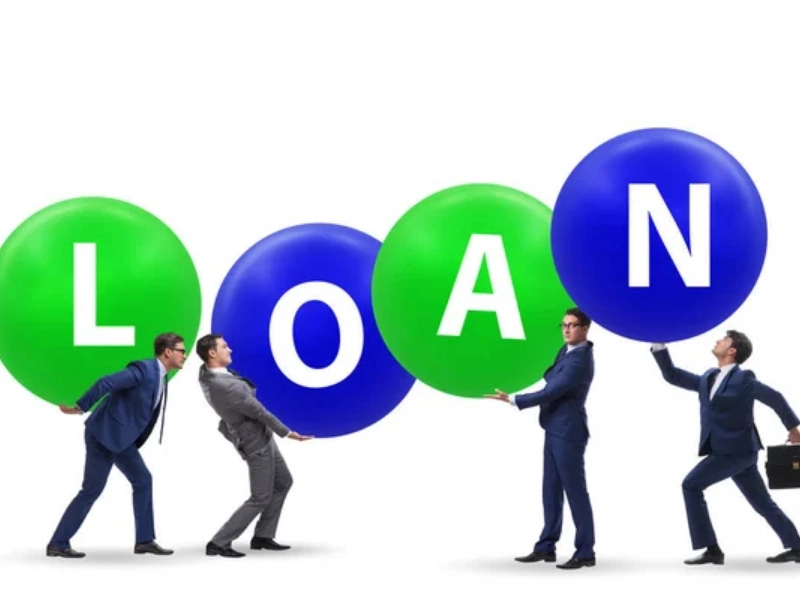
Debt consolidation loans combine several debt amounts into a single new loan, eliminating the need for several credit card and loan repayment installments each month in favor of a single, set loan payment. Reducing interest costs, expediting debt repayment, and enhancing creditworthiness are the objectives.
You must provide documentation, such as pay stubs, W-2s, and bank statements, attesting to your job and financial stability, in order to be approved for a debt consolidation loan. Additionally useful in proving your ability to handle money and pay off debts is having a savings account.
Even if you're unemployed, you can still be eligible for a debt management program, which lowers your debt by requiring you to make smaller payments to creditors. But since this is only a short-term fix, it's advisable to put your attention toward getting back on your feet financially and obtaining employment before looking into more debt relief options. Furthermore, being unemployed may result in longer loan terms, which could ultimately increase your overall costs.
Recommended Reading: Lower Interest Rates And A Shorter Loan Term Are Two Advantages Of Refinancing






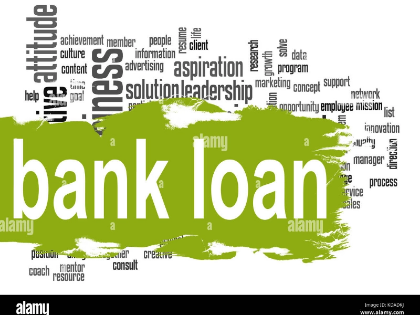




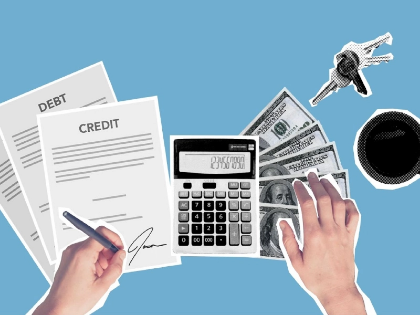









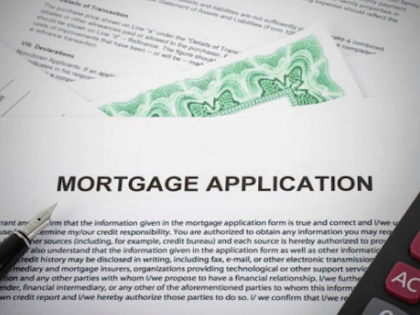

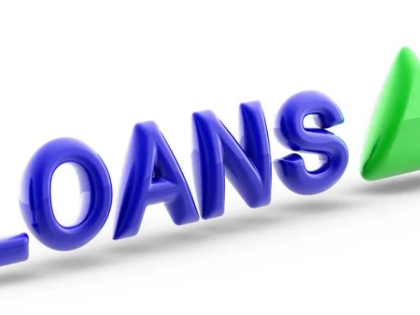
Allows healthy experimentation loops.
Keeps cognitive friction minimal.
Minimizes speculative sprawl.
Let’s build a mini experiment.